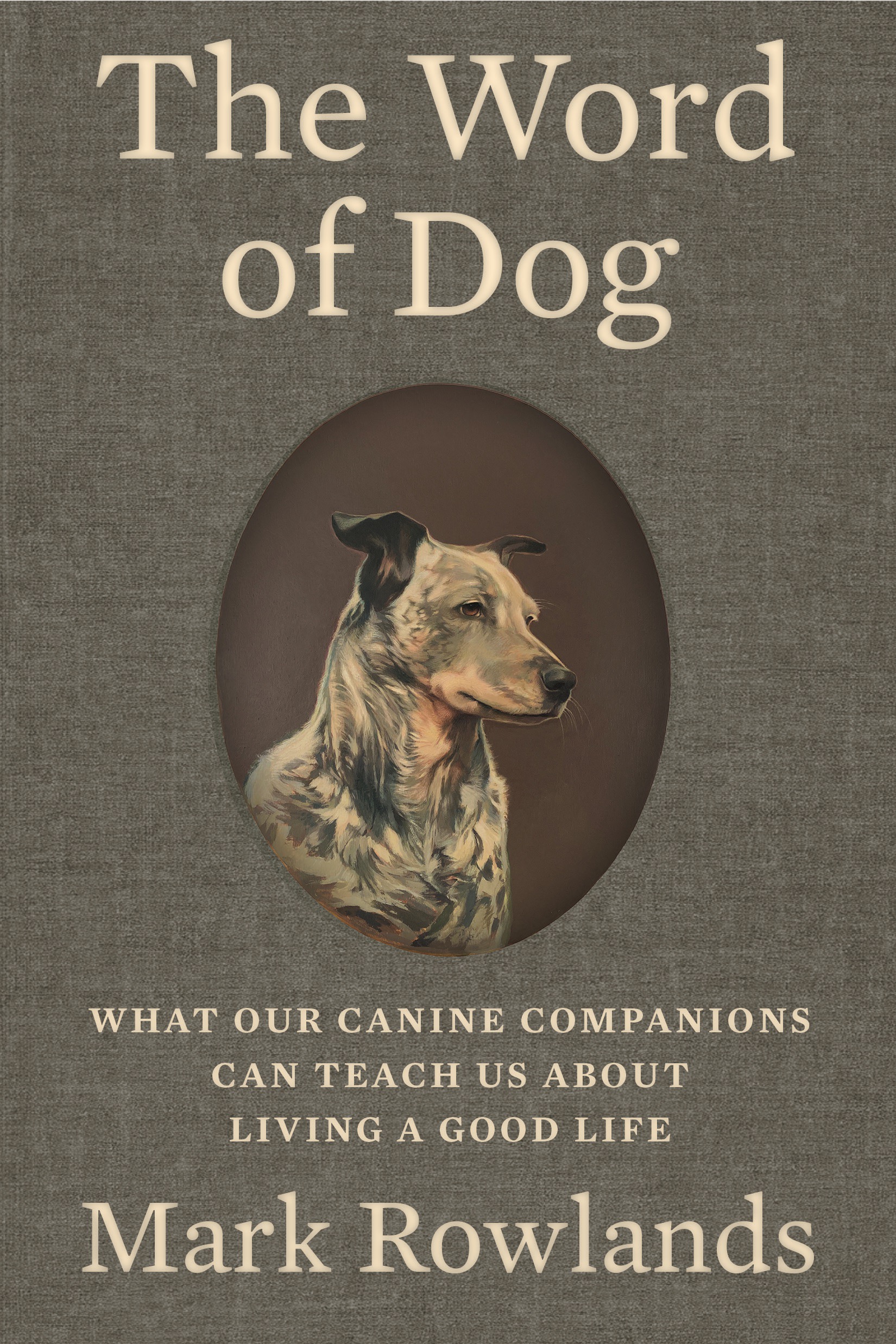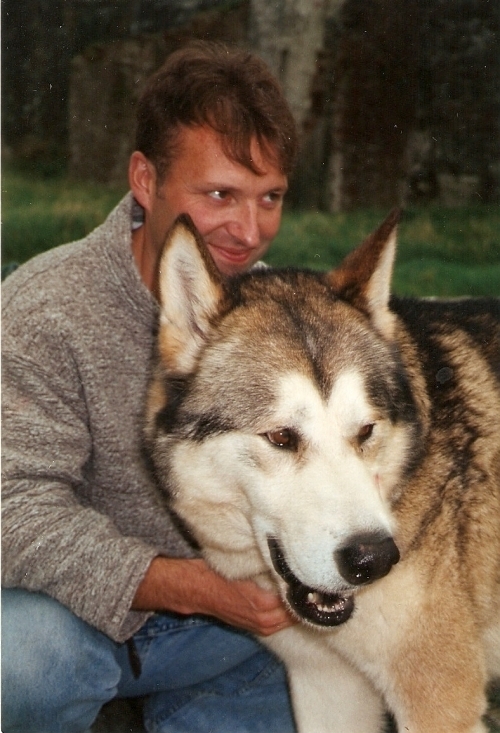
A heartwarming philosophical meditation on how to live a fulfilling life—inspired by the inherent happiness of dogs. If you have spent any part of your life with a dog, you may have found certain questions popping, unbidden, into your Is my dog living a fulfilled life? Is my dog a good dog? Does my dog love me? Addressing these questions compels you to confront not just your dog’s life but yours as well—to think about what fulfillment, and meaning, in life really is. In The Word of Dog, philosopher Mark Rowlands explores these questions and suggests that in dogs we can see hints—faint, shrouded, but discernible—of what a better way of living might look like. Perhaps none of us can be happy in the way a dog can, but The Word of Dog shows us we could do a lot better than we’re doing simply by listening to the unspoken wisdom our dogs reveal to us every day of their happy, uncomplicated lives.
Author

Mark Rowlands was born in Newport, Wales and began his undergraduate degree at Manchester University in engineering before changing to philosophy. He took his doctorate in philosophy from Oxford University and has held various academic positions in philosophy in universities in Britain, Ireland and the US. His best known work is the book The Philosopher and the Wolf about a decade of his life he spent living and travelling with a wolf. As The Guardian described it in its review, "it is perhaps best described as the autobiography of an idea, or rather a set of related ideas, about the relationship between human and non-human animals." Reviews were very positive, the Financial Times said it was "a remarkable portrait of the bond that can exist between a human being and a beast,". Mark Vernon writing in The Times Literary Supplement "found the lessons on consciousness, animals and knowledge as engaging as the main current of the memoir," and added that it "could become a philosophical cult classic", while John Gray in the Literary Review thought it "a powerfully subversive critique of the unexamined assumptions that shape the way most philosophers - along with most people - think about animals and themselves." However, Alexander Fiske-Harrison for Prospect warned that "if you combine misanthropy and lycophilia, the resulting hybrid, lycanthropy, is indeed interesting, but philosophically quite sterile" and that, although Rowlands "acknowledges at the beginning of the book that he cannot think like a wolf... for such a capable philosopher and readable author not to have made the attempt is indeed an opportunity missed." As a professional philosopher, Rowlands is known as one of the principal architects of the view known as vehicle externalism or the extended mind, and also for his work on the moral status of animals.